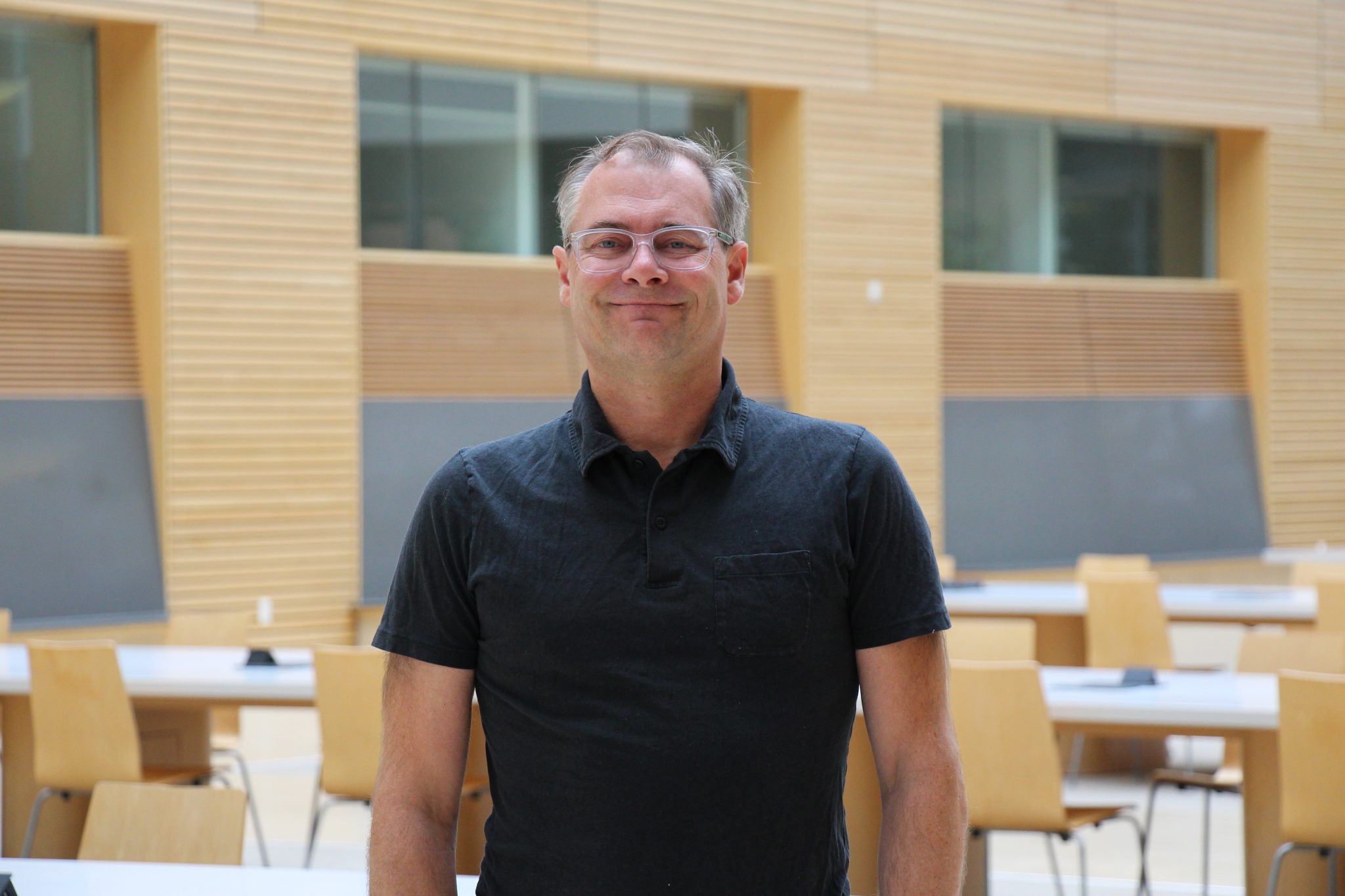Lipids play important roles in all cells.
They differ from many other hydrophilic biological molecules in that they are hydrophobic and do not mix in the aqueous environment of cells. In this way they can function to separate the cell from the outside environment and also divide the cell into distinct compartments, called organelles. Compartmentalisation by organelles is critical for carrying out different cellular processes. For example, the integrity of mitochondria is essential to the cell to produce energy (ATP) and to regulate cell death (apoptosis).
It is also imperative that these organelles communicate with each other. Communication of the endoplasmic reticulum (ER) with other organelles, for example mitochondria, is especially important to the cell because the ER is the site of many metabolic activities including making lipids and proteins.
The focus of the Loewen Lab's research is to better understand how the ER contacts, and hence communicates with other organelles through defining the molecules that mediate these contacts.
Studying these membrane contact sites is important for human health and disease because their disruption can result in defective movement of lipids, cell stress and cell death.
Accumulation of lipids is a factor in many diseases including atherosclerosis, Alzheimer's disease, type 2 diabetes and motorneuron disease, but in many cases what causes this accumulation is not known. Studies in my laboratory on defining membrane contact sites and lipid traffic will help to uncover mechanisms of disease and potentially lead to novel drug targets and therapies for these disorders, thus contributing to the general health of Canadians.
Currently, my lab uses the model organism Saccharomyces cerevisiae to study this problem. We employ standard techniques in yeast genetics, biochemistry and molecular cell biology with the aim to identify the components of membrane contact sites and their roles in lipid traffic. We also incorporate sophisticated genomic and proteomic methodologies to identify new sets of genes/proteins to gain a better understanding of this process on a global scale.
